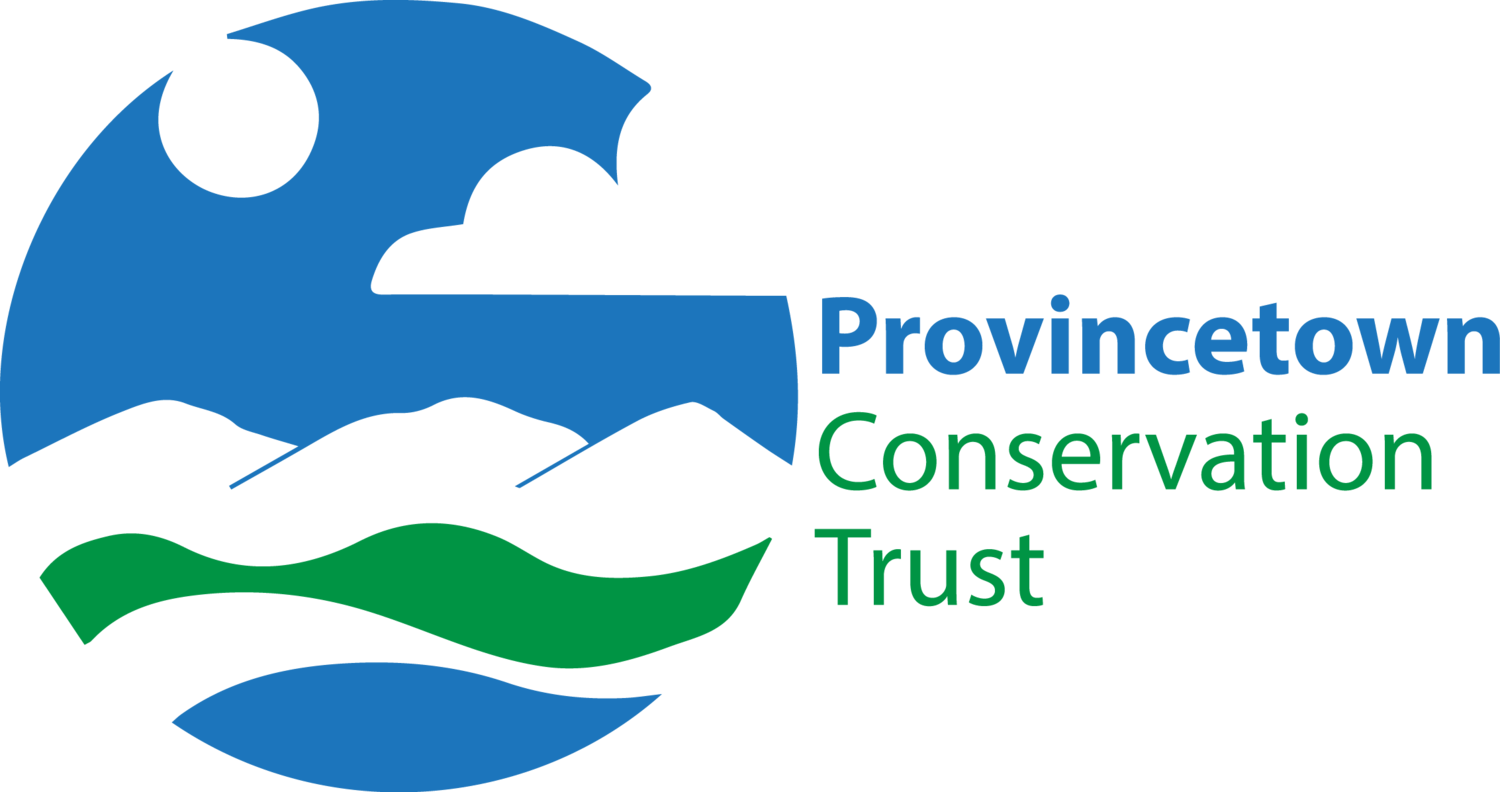Column by William Mullin, President of the Provincetown Conservation Trust
People choose to visit or live in Provincetown for many reasons. One of the primary reasons is its overwhelming natural beauty. When you enter the town along Route 6 and pass the "Welcome to Provincetown" sign, the vista is transforming, cradling us in a landscape corridor of undulating dunes on one side and beautiful woodlands on the other. Traveling along Route 6 all the way to the entrance of Herring Cove beach we enjoy a nearly uninterrupted tree-lined boulevard, a parkway through nature, with tall oaks, majestic pines and dozens of species of birds serving as your greeters to the National Seashore. Nowhere on Cape Cod is Route 6 as beautiful.
“Affordable housing has never been more important, but it should not come at the expense of preserving and protecting our woodlands and wetlands.”
This beauty is threatened by the passage of Article 19, a proposal on this year’s town warrant that is a prelude to the construction of housing along Route 6 from Conwell Street to the entrance of Herring Cove Beach.
Though non-binding, the Article asks the town to consider taking the two eastbound lanes (and presumably the adjacent open space) for the “development of housing and other municipal uses (parking, sewer leaching areas, bike paths, etc.).” Although a commissioned $60K “Development Study” would still be required, the development of housing along this tranquil track would most likely require the clear-cutting of trees along Route 6’s median, and the destruction of the woodlands alongside the lanes. One can only imagine the damaging environmental impacts to the quaking bogs and wetlands at Shank Painter Pond, an immediate neighbor to the eastbound lanes, not to the mention the loss of habitat for many birds who nest or migrate through the area known as the Greenway.
Affordable housing has never been more important, but it should not come at the expense of preserving and protecting our woodlands and wetlands. Other agenda items on the warrant are addressing affordable housing: utilizing the town's vacant firehouses, for example, or reimagining the Veteran’s Memorial Community Center. Both are steps in the right direction. But other ideas have been left off the table, such as rethinking our municipal parking lots. More ideas are needed that avoid the decimation of Provincetown’s greenspaces.
About 200 years ago Provincetown was virtually deforested, and municipalities and environmental groups have been working hard for decades to reverse the damage. Rebuilding topsoil that can support tree and forest regrowth and biodiversity is a slow business, but it's quickly and effectively destroyed in moments by the elimination of vegetation.
A few years prior to the establishment of the National Seashore in 1961, a proposal was presented to the Select Board to turn Province Lands into a bustling hotel and residential complex with the razing of the dunes for a golf course and the dredging of Clapps Pond for boating and swimming. The town rejected it, and as a result the area stands today as one of the most beautiful woodland hiking trails on Cape Cod. This is a similar watershed moment. In the face of climate change, and mass extinctions of birds and other animals, the voters of Provincetown must reject Article 19 so our community can focus on imagining more ecologically friendly ideas for affordable housing.

